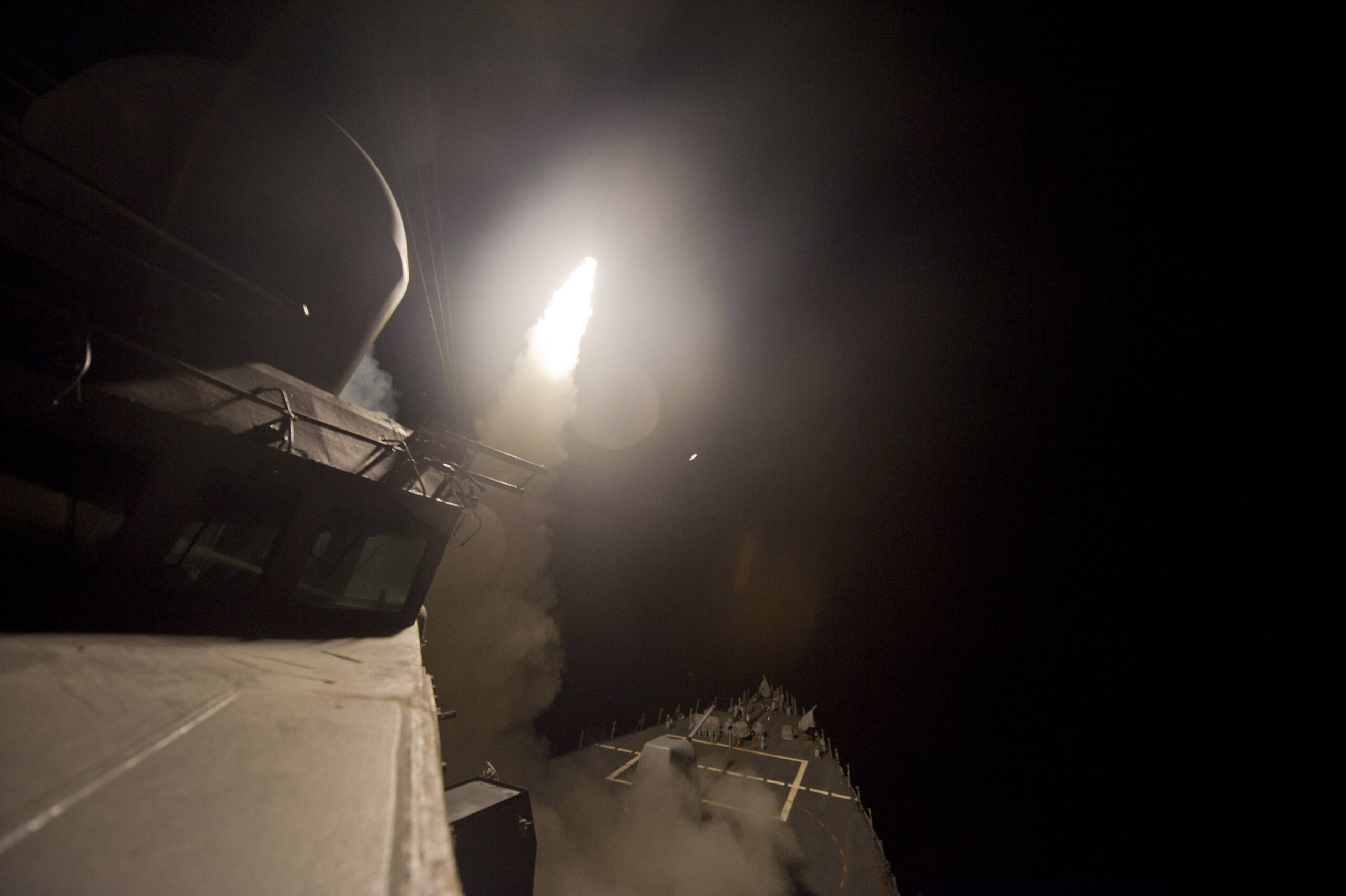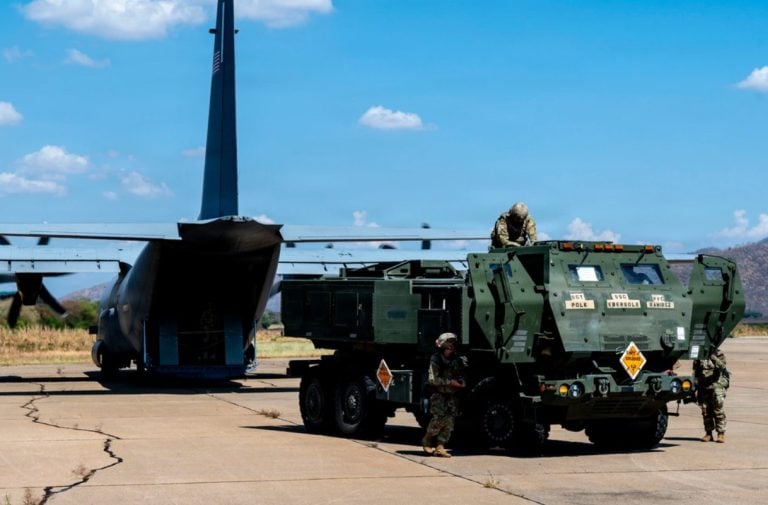Yemen’s Houthi rebels reported that recent U.S. airstrikes on the western province of Hodeida resulted in the deaths of four individuals and injuries to 13 others. This announcement came just a day after the Houthis declared that they had targeted Israel and U.S. warships in retaliation for actions in Gaza. Anis al-Asbahi, a spokesman for the rebels’ health ministry, described the strikes as a “flagrant American aggression” in a post shared on social media platform X.
The Houthi-operated Al-Masirah TV channel detailed the aftermath of the strikes in Hodeida’s Al-Hawak district, indicating that civil defense teams were deployed to help extinguish fires and rescue potential survivors from the wreckage. Eyewitness accounts from an AFP journalist in the vicinity described hearing a series of three loud explosions.
Additionally, Al-Masirah reported a U.S. attack targeting the communications network in the Amran province, located to the north of the capital, Sanaa; however, specifics about this strike were not disclosed.
Since mid-March, U.S. military strikes in rebel-held areas of Yemen have increased, aimed at curbing Houthi threats against vessels in critical maritime corridors. These air operations were initiated after the Houthis intensified their attacks on U.S. military ships and Israeli interests, which the group has justified as acts of solidarity with Palestinians amid ongoing conflict.
The Houthi rebels ramped up their naval strikes in response to the war in Gaza that escalated in October 2023, interrupting their activities during a brief ceasefire in January. Following Israel’s blockade of Gaza at the beginning of March, the Houthis threatened to intensify their attacks on maritime passageways, bringing traffic through the Red Sea—a crucial route for global shipping—under significant threat. The disruption has compelled shipping companies to reroute vessels around the southern tip of Africa, resulting in longer and costlier journeys.







